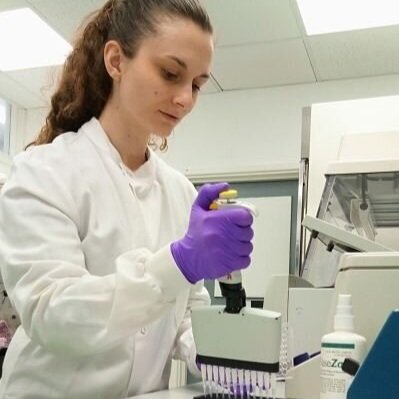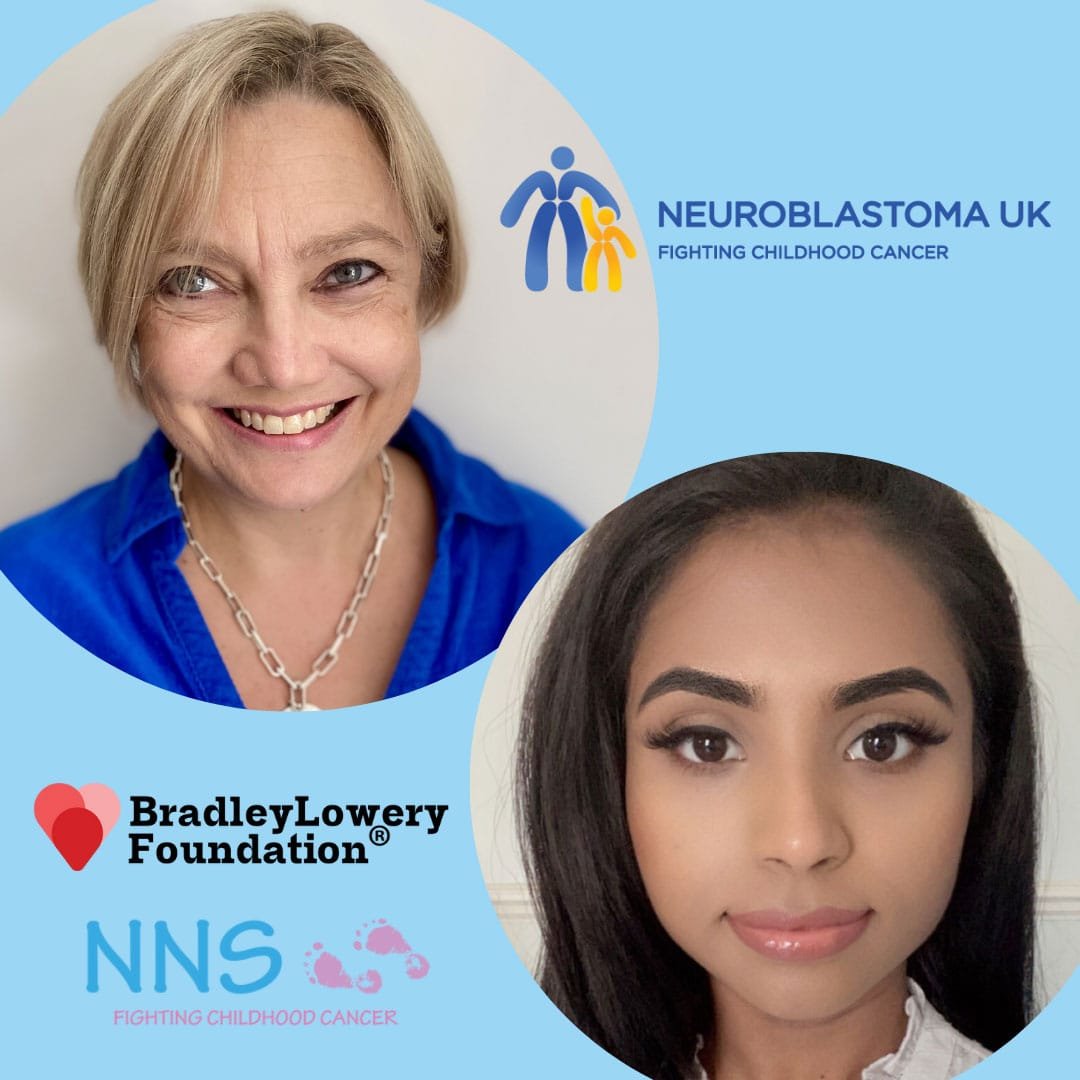Neuroblastoma UK announces new 2021 Grant Round
We are delighted to announce the launch of our new research Grant Round for 2021.
Postponed from 2020 due to the coronavirus pandemic, our biennial grant round for 2021 will focus on applications for research that will have the greatest potential impact to improve treatment for children with neuroblastoma.
Applications now open
Despite the impact on our fundraising capabilities over the last year, we are pleased to have funds available for new awards this year.
Grants will be evaluated by peer review and by our Scientific Advisory Board before a final decision is made by the Neuroblastoma UK Board of Trustees.
Important dates
Deadline for applications: 28 June 2021
We expect to inform applicants about the Awards before the end of 2021
“Neuroblastoma UK’s funded research plays a pivotal part in improving our knowledge and in laying foundations for novel therapies...I am convinced that Neuroblastoma UK’s funding makes an enormous difference and will give many more children with neuroblastoma a brighter, wonderful future.”
Our research priorities
We are committed to supporting the best, most relevant neuroblastoma research and priority will be given to those projects that will have the greatest immediate clinical impact.
Neuroblastoma UK invites applications that focus on one of the following three areas of translational research:
Translational research underpinning combination clinical trials
Integrating biomarker evaluation into early phase clinical trials
Targeting telomere maintenance for therapy or classification or other targets, apart from MYCN and ALK
A key objective of this Grant Round is to foster international collaboration.
Whilst the lead applicant must be based in a UK or Republic of Ireland (ROI) laboratory, we particularly encourage international co-applicants and collaborators who will bring expertise not available in the UK or ROI.
How to apply
For more details, including how to apply and important documents, please visit our Grant Round 2021 page.
“Quite simply, this research wouldn’t have happened without the support and funds from Neuroblastoma UK when we first started our investigations.”






Researchers from the University of Sheffield and St. Anna Children’s Cancer Research Institute have created a model designed to investigate the origins of neuroblastoma, a cancer primarily affecting infants and young children. The findings offer hope for the creation of tailored treatments which treat aggressive neuroblastomas and minimise the adverse effects experienced by patients from existing therapies.